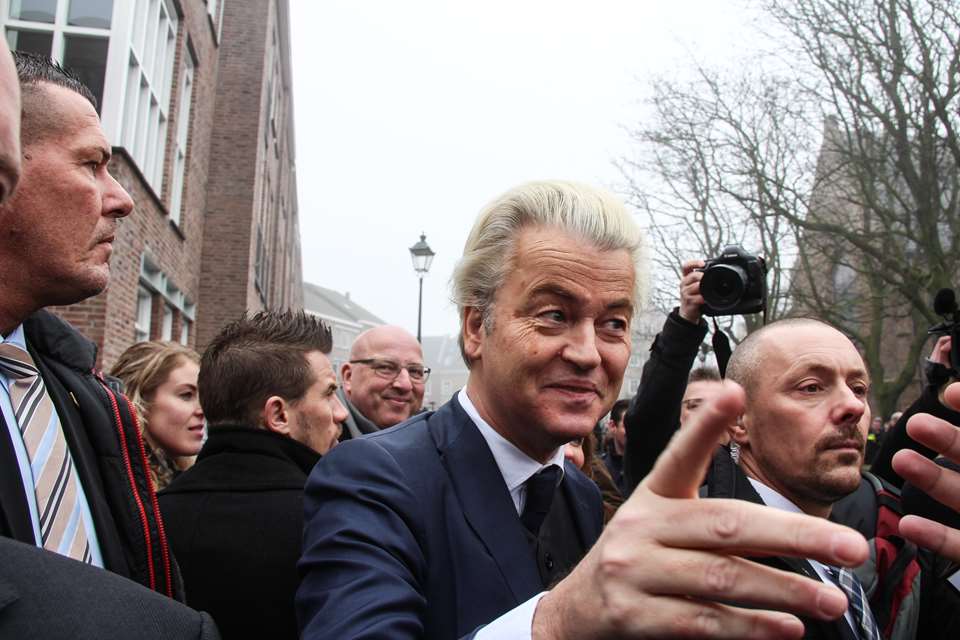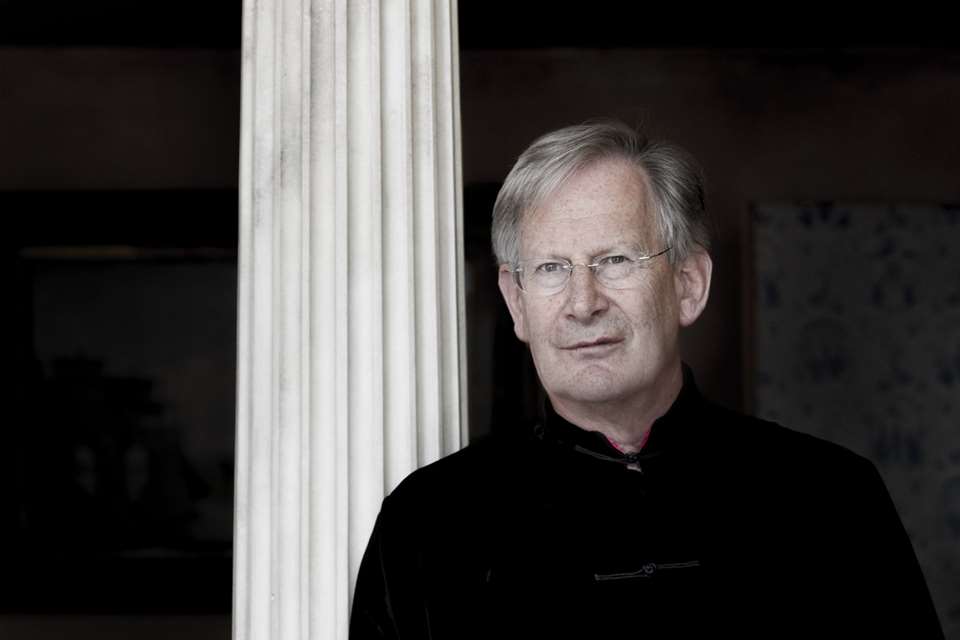The Long View | Can we leave marketing to the professionals?
Andrew Mellor
Tuesday, April 9, 2024
ChatGPT may be terrible at marketing concerts and operas, but many musicians, artists and enthusiasts would be even worse, argues Andrew Mellor


Register now to continue reading
Don’t miss out on our dedicated coverage of the classical music world. Register today to enjoy the following benefits:
- Unlimited access to news pages
- Free weekly email newsletter
- Free access to two subscriber-only articles per month



